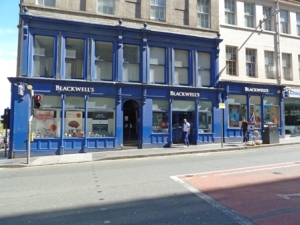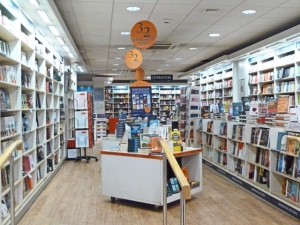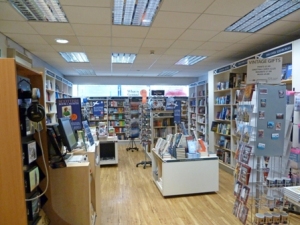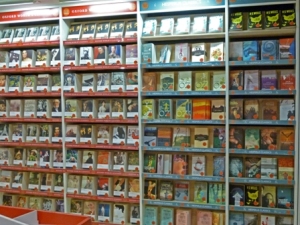I was tempted into doing this again by two imprints, both new to me, though no doubt they shouldn’t have been. One is Alma Classics, the other Hesperus Classics. In my case the classics I mean are Russian. When I was young, I read War and Peace and Crime and Punishment, but apart from that knew little of Russian literature. In the lean years since I have read quite a few classics, but none of them Russian. This was not a policy, just a thoughtless accident. The only exceptions I can think of are a two works by Gogol: Dead Souls, and The Government Inspector.
This changed a few weeks ago when I walked into my local bookshop and found myself looking at a large display of two imprints, Alma Classics and Hesperus Classics.
I snapped up six titles:
The Story of a Nobody, by Anton Chekhov, translated by Hugh Aplin (Alma Classics)
The Master and Margarita, by Mikhail Bulgakov, translated by Hugh Aplin (Alma Classics)
The Tales of Belkin, by Alexander Pushkin, translated by Hugh Aplin (Hesperus Classics)
Two Princesses, by Vladimir Odoevsky, translated by Neil Cornwell (Hesperus Classics)
Oblomov, by Ivan Goncharov, translated by Stephen Pearl (Alma Classics)
Notes From The Underground, by Fyodor Dostoevsky (Translated by Kyril Zinovieff and Jenny Hughes)
All of these books come with what might be called a ‘scholarly apparatus’. But far from making them dry as dust, I have found these additional sections very helpful. Typically, there is an introduction, notes, life and select bibliography. Some have photographs as well.
To take one book as an example, The Story of a Nobody is beautifully produced. At the front there is a generous selection of photographs and at the end, after the notes, a brief life of Chekhov with a guide to content in the margin. Before reading this book, I didn’t realise how brutally his father, a devout Christian, used to beat up his children. This is the same father who, hearing that the local Greek school had high academic standards, sent his children to it. Not a smart move since they couldn’t speak Greek. I was sad to see that a photograph of this man has survived. And here is Anton himself.
The only thing I can’t comment on is the quality of translation. I have spent many an evening listening in dismay as three Russian teachers descended into heated argument over arcane aspects of Russian grammar. One of them, Harry Milne, had been awarded the Pushkin Medal, but even that didn’t save him when he ventured an opinion. The one thing they did agree on was that Russian is a difficult language. So I feel like awarding the Hart Medal (Oak Leaf and Bar) to Stephen Pearl. Translating Oblomov must have been an arduous task. (Pearl contributes a translator’s note to this edition.)
I came across both these classic series (Alma and Hesperus) in my local bookshop, Blackwells .Blackwells have branches in Oxford, Cambridge, London, Edinburgh, and many other places in the UK, usually where there are universities. The Edinburgh shop is on the South Bridge, very central, and its labyrinthine layout adds to the charm, though maybe not for the staff. They have taken the wise precaution of incorporating a Caffe Noir into the building, entered from the bookstore itself or directly from Infirmary Street.
Smart move. I like this shop a lot, and not just because it stocks my books.
Here are links to Alma, Hesperus and Blackwells, Edinburgh. In addition to their stores, Blackwells have an excellent website, and if you sign up tempting offers will appear in your inbox. Good reading!
http://www.hesperuspress.com/hesperus-classics.html/
http://bookshop.blackwell.co.uk/stores/edinburgh-southbridge/







